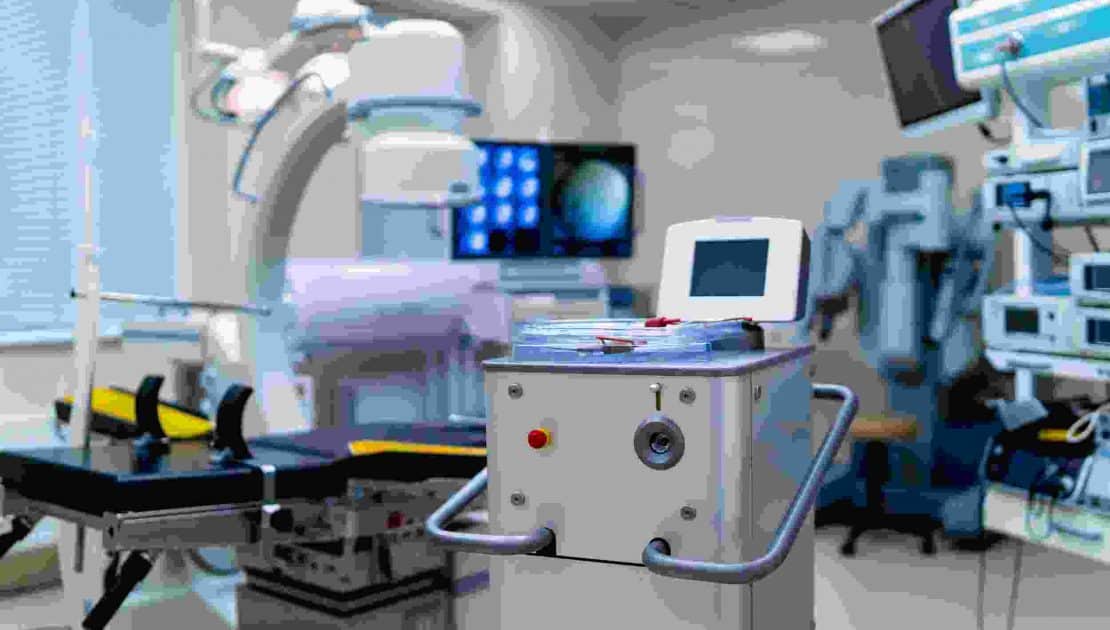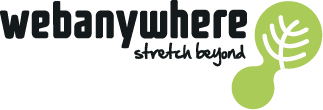5 Benefits of LMS for the Medical Device Industry

A Learning Management System is a digital platform that helps companies deliver, track, and manage employee training. In the medical device industry, where maintaining high standards is essential, an LMS simplifies the training process by making it easy to ensure all employees meet the requirements.
This industry operates under strict regulations from organisations that demand ongoing education and precise record-keeping. Continuous training is crucial in this highly technical field, as employees must stay updated on the latest technologies, procedures, and safety standards. An LMS helps companies stay compliant by automating these processes, reducing the risk of errors, and ensuring employees are always prepared.
In this article, we’ll explore five key benefits of using a LMS for medical device companies, from improving compliance to enhancing employee performance.
1. Ensures Regulatory Compliance
Meeting regulatory requirements is critical in the medical device industry. An LMS helps companies by ensuring all employees receive the necessary training and certifications. This keeps everyone in line with industry standards, reducing non-compliance risk.
A LMS ensures that employees stay up-to-date with the latest compliance standards with automated reminders. It tracks certifications and sends alerts when renewals are due so nothing falls through the cracks.
Another key benefit is streamlined documentation. An LMS simplifies reporting, making it easy for companies to generate the required records during audits. This ensures that compliance is easy to manage and transparent.
2. Standardises Training Across Locations
An LMS allows companies to create consistent training programs, ensuring that all employees receive the same level of education, no matter where they’re based. This uniformity is essential in the medical device industry, where every team member must meet strict standards.
Standardised training content helps reduce errors and ensures everyone follows the same procedures. This alignment is critical for maintaining product quality and safety, particularly in handling and manufacturing processes.
An LMS is especially beneficial for global companies with multiple locations. It allows for easy training delivery to teams worldwide, ensuring that no one is left behind and that compliance is maintained across the board.
3. Improves Employee Performance and Knowledge Retention
LMS platforms use engaging content such as interactive quizzes, videos, and simulations to make learning more effective. These tools help employees retain information better, making applying their knowledge in real-world scenarios easier.
Regular assessments and progress tracking allow companies to identify areas where employees need extra support. This targeted approach ensures that training is relevant and effective, helping close knowledge gaps.
Continuous training is essential in the fast-paced medical device industry. A LMS ensures that employees stay up-to-date with the latest technologies and processes, keeping their skills sharp and performance high.
4. Increases Operational Efficiency & Reduces Costs
Automating training schedules, documentation, and reporting with an LMS significantly reduces the administrative burden on HR and compliance teams. This frees up valuable time spent on other important tasks, making the company run more smoothly.
With remote access to training materials, employees can learn at their own pace without interrupting daily operations. This flexibility helps ensure that training doesn’t slow down productivity or create bottlenecks.
Companies can save a lot of money by reducing the need for in-person training sessions and eliminating paper-based processes. The shift to digital training materials also cuts down on travel, printing, and classroom logistics costs, making an LMS a cost-effective solution.
5. Enhances Data Security and Confidentiality
LMS platforms offer secure storage and management of sensitive training and certification data, ensuring that important information is always protected. This is especially important in the medical device industry, where confidentiality is critical.
With features like data encryption and role-based access controls, LMS platforms help safeguard confidential information, ensuring that only authorised personnel can access it. These security measures also help companies meet regulatory standards such as GDPR.
Keeping sensitive information secure is essential, particularly in an industry that often handles patient-related data. Using an LMS means medical device companies can ensure their training records and other sensitive information are safe from breaches or unauthorised access.
Why LMS is Essential for the Medical Device Industry
A LMS can help medical device companies maintain compliance, boost operational performance, and cut training costs. LMS simplify the management of training and certifications by automating processes and ensuring employees stay up-to-date.
In a highly regulated and fast-evolving industry, staying competitive means investing in the right tools. An LMS allows companies to keep pace with changes, ensuring their teams are always prepared and compliant.
Ready to streamline your training and compliance processes? Contact us today to learn how our LMS solutions can benefit your medical device company!
